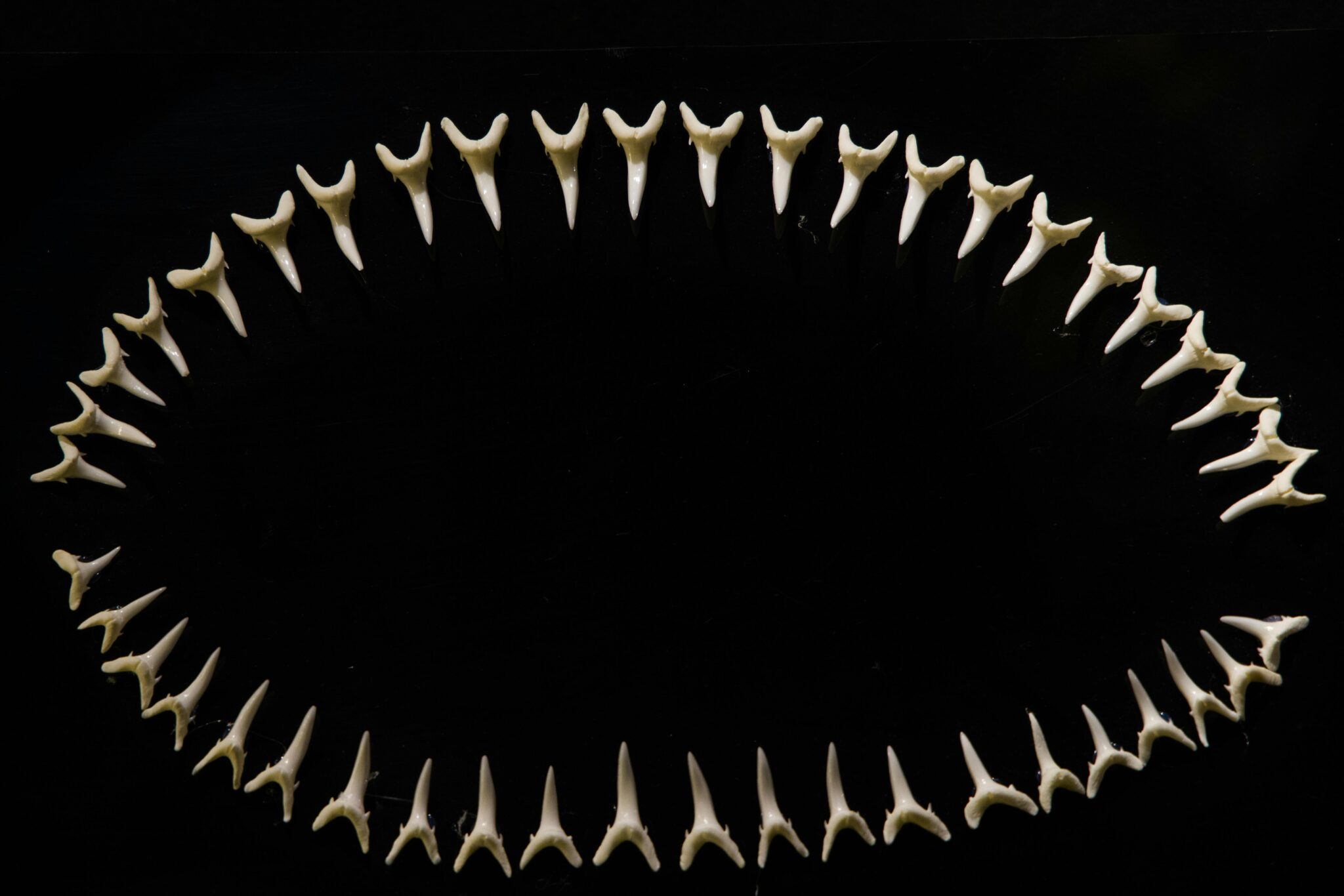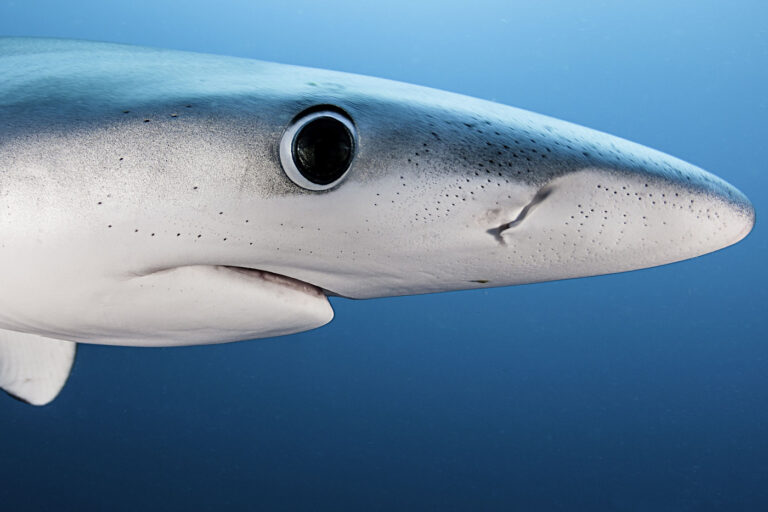By Courtney Cooper
What Shark Teeth Can Tell us about Ocean Health
Sharks have roamed the oceans for millennia, and their teeth, some of the most resilient and well-preserved fossils, offer valuable insights into ocean health. These teeth, often found in sediment layers, can tell us much more than just the feeding habits of these apex predators. Recent research has shown that shark teeth can serve as an important indicator of the state of marine ecosystems and the health of our oceans. As we face increasing threats to ocean biodiversity, studying shark teeth provides a window into understanding the impacts of human activity on marine life. In this article, we discuss what shark teeth can tell us about ocean health.
We also discuss further shark facts that you might be interested in! Apex Shark Expeditions provides the best shark cage diving Cape Town experience.
The Importance of Shark Teeth in Ecological Studies

Shark teeth are highly specialised and unique to each species, making them useful tools for understanding past and present ocean conditions. The shape, size, and wear patterns on shark teeth can tell scientists about the species’ feeding habits, habitat, and even changes in the ocean’s chemical composition. Given that sharks are apex predators, their feeding behaviour can reflect broader shifts in marine food webs.
A 2021 study published in the journal Nature Ecology & Evolution highlighted how shark teeth can offer crucial insights into long-term trends in ocean health. The study found that changes in shark teeth morphology could reveal shifts in prey availability, with sharper or more robust teeth indicating a change in prey size and abundance. This data helps researchers assess the health of the marine ecosystems that sustain shark populations and highlights the importance of apex predators in maintaining ecological balance.
Shark Teeth and Marine Pollution
One of the key areas where shark teeth research is shedding light on ocean health is marine pollution, particularly the rising levels of plastic and toxic chemicals. Over time, chemicals in the water, such as heavy metals and plastics, can accumulate in the bodies of marine organisms, including sharks. Studies have shown that pollutants, such as mercury, are often found in high concentrations in shark teeth, serving as bioindicators of pollution levels in the oceans.
Research conducted by the University of Miami in 2019 revealed that mercury levels in shark teeth are higher than in other marine species. This finding is significant because sharks are apex predators, and the concentration of mercury in their teeth reflects the accumulation of this toxic substance through the food chain. As a result, studying shark teeth can help scientists track pollution trends and understand how ocean contaminants are impacting marine life.

Shifts in Shark Populations and Ocean Health
Shark teeth can also help scientists monitor the health of shark populations, which are themselves a vital indicator of ocean health. Recent studies have shown that many shark species are facing population decline due to overfishing, habitat destruction, and climate change. As apex predators, sharks play a critical role in regulating the populations of other marine species and maintaining a healthy balance within marine ecosystems.
Climate Change and Conservation
Climate change significantly impacts ocean health and shark populations. As ocean temperatures rise, sharks are migrating to cooler waters, altering their feeding behaviour and tooth wear patterns. A study by The Marine Biological Association (2020) found that this shift affects shark diets, which is reflected in changes to their teeth. These changes can provide insight into how ocean ecosystems are responding to warming waters and shifting currents.
In South Africa, research by the Shark Research Institute has used shark tooth analysis to assess the effects of illegal finning, influencing policies for stronger regulations and the creation of marine protected areas (MPAs) to safeguard shark populations and ocean health.
Apex Shark Expeditions provides the best shark cage diving in Gansbaai, as well as, shark cage diving in Simons Town. We also compare Cape Town, Hermanus and Gansbaai shark tours.




